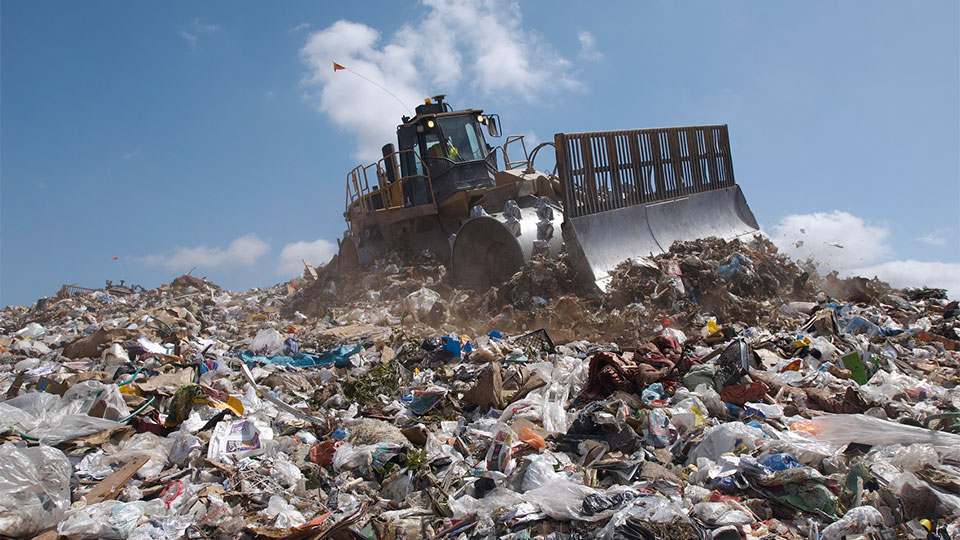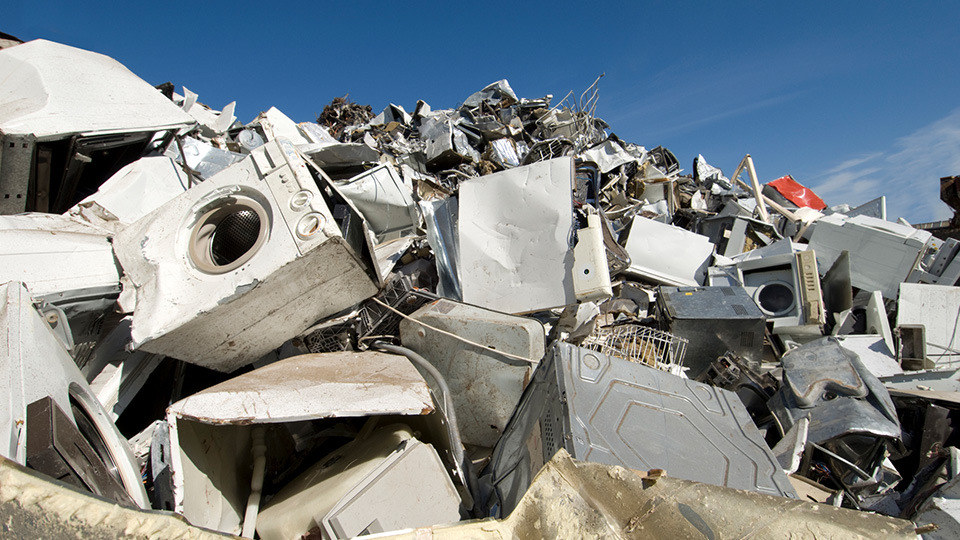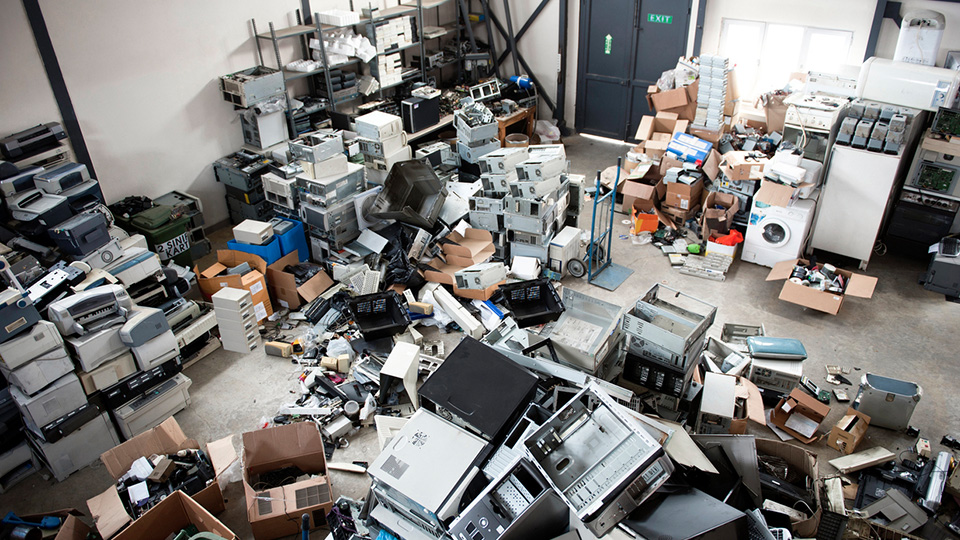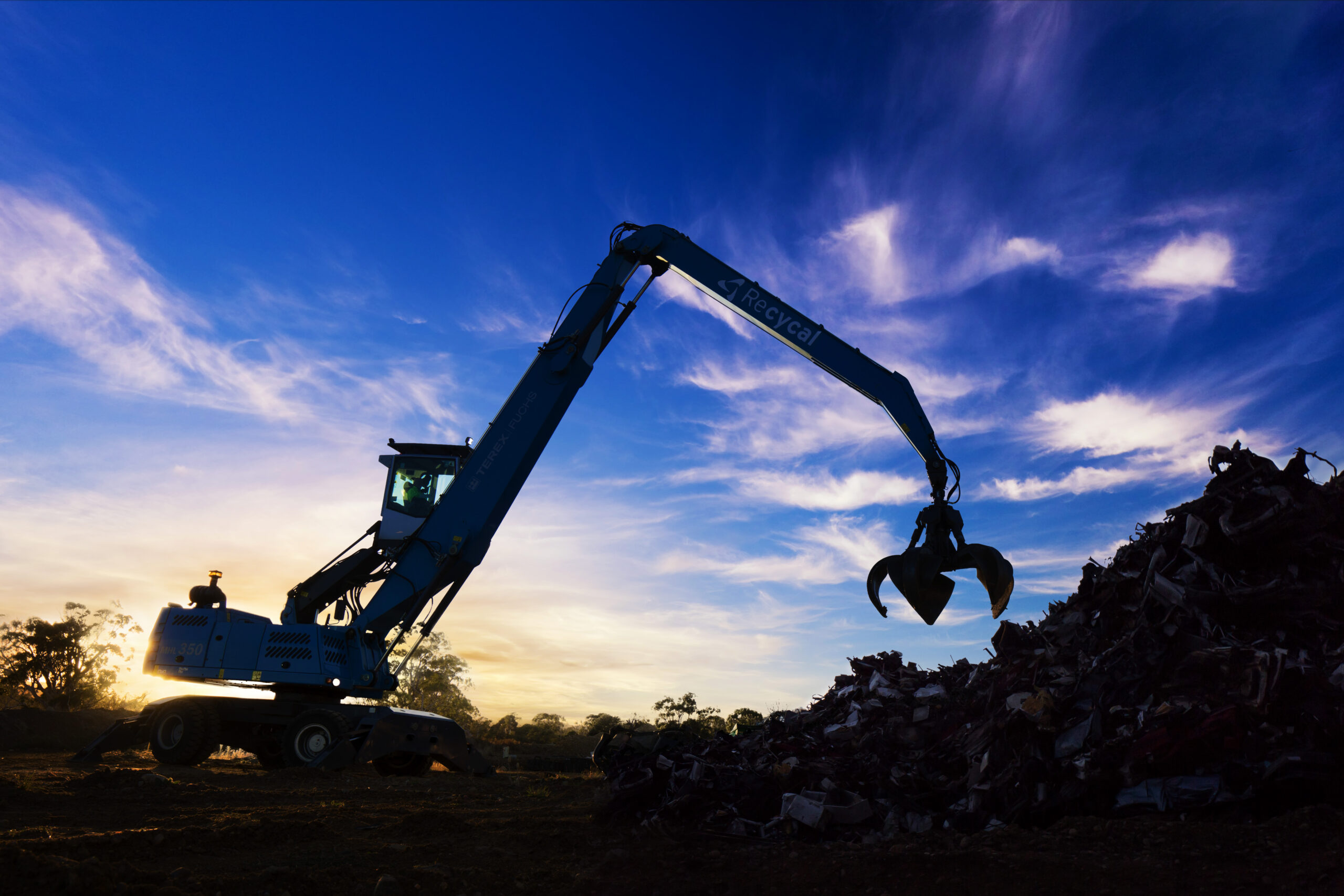Ecocycle’s original interest in medical waste was in the recovery of mercury from instruments such as thermometers and sphygmomanometers (blood pressure monitors).
These items still make up a significant fraction of the medical waste we receive, but these days the biggest component of the medical waste stream that we recycle comprises old x-ray films.
X-ray films can take up a lot of storage space in hospitals and radiology clinics.
In one case, we removed over 50 tonnes of x-ray films from a single hospital.
It’s also quite common to find a stack of old x-rays at home, along with the occasional mercury-containing thermometer.
We offer recycling solutions for these, too.
Collection
At Ecocycle, we provide a convenient pickup service for larger quantities of medical waste.
If you have hospital quantities of old mercury-containing instruments, x-ray films, and film developer and fixer solutions to dispose of, call us and we can make the appropriate arrangements.
For smaller quantities of x-ray films, each of our depots around Australia has a dedicated collection bin where x-rays can be left.
We are also encouraging local councils to add x-ray films to the list of recyclables collected at council offices, to provide more convenient options for people looking to recycle household quantities of films.
Mercury-containing instruments can also be handed over to our staff at our depots.
If there is any chance of a leak it’s important that the items be placed in a rigid, sealable container for safe transport and handling.
Transport
Where we arrange pickup, all materials are transported on company-owned vehicles driven by company employees who are trained in the safe handling and transport of hazardous waste.
Storage
Sometimes we need to store recyclable waste to accumulate an economically viable quantity before recycling.
All such storage occurs on company premises and in compliance with relevant EPA requirements.
Recycling
The mercury in medical instruments can often be recovered in a ‘clean’ form, without the need for further processing.
If, however, it is contaminated – with bits of broken glass, for example – the mercury goes through our standard distillation process to separate it from any contaminants.
X-ray films go through a chemical extraction process to recover the silver they contain. This can be sold on the metal market for use in a wide range of applications.
The plastic component of the x-ray films is made of PET, the same plastic that disposable water bottles are made from. It is easily recycled.
Important to recycle
Mercury and silver are both useful metals and finite resources. Recycling is critical to ensuring their availability for future use.
Mercury is also a highly toxic metal, providing another reason to make sure that it is safely recycled.
If you have significant quantities of mercury-containing medical waste or x-rays to dispose of, give us a call on 1300 32 62 92 or fill out the form below and let’s talk recycling.





